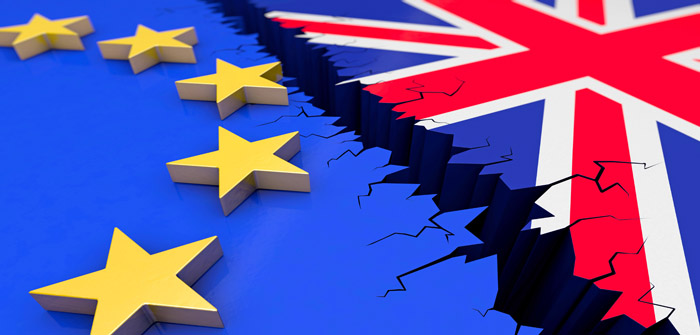It has emerged that the UK will not have enough of the right sort of pallets to continue exporting goods to the EU if it we leave without a deal at the end of March.
Under strict EU rules, pallets arriving from non-member countries must be heat-treated or cleaned to prevent contamination, and marked to confirm they meet a series of EU rules. But most pallets currently used by British exporters do not conform to these rules meaning British export business could potentially grind to a halt in the event of a no-deal Brexit, according to a report in the Business Insider.
Defra told UK industry leaders last week that the UK will have nowhere near enough EU-approved pallets to continue exports at the same level. UK companies would be in competition for a small number of pallets which meet EU rules, while those that missed out would be forced to wait for new pallets, which could take weeks to be ready, the report adds.
It was reported that the Government is due to hold emergency talks with industry leaders to discuss the situation today. However, Defra insisted it was ‘not an emergency meeting’.
The pallet shortage would be just one of the potential barriers to exports in the event of a Brexit no deal. The UK would need to register with the EU as a third country exporter and there is no guarantee this would be done immediately. The Food Standards Agency (FSA) has been writing to meat plants urging them to register to ensure they are in a position to resume exports in a no deal scenario.
There are likely to be physical delays at ports due to the extra checks required and lack of inspection facilities at some key ports, including Calais, not to mention the imposition of WTO tariffs on exports that would severely reduce their competitiveness.
Yet with just over a month to go until our scheduled departure date, there is still no real progress on securing a deal with the EU, meaning the Government and MPs might face a choice between delaying our exit from the EU or accepting a no deal.




